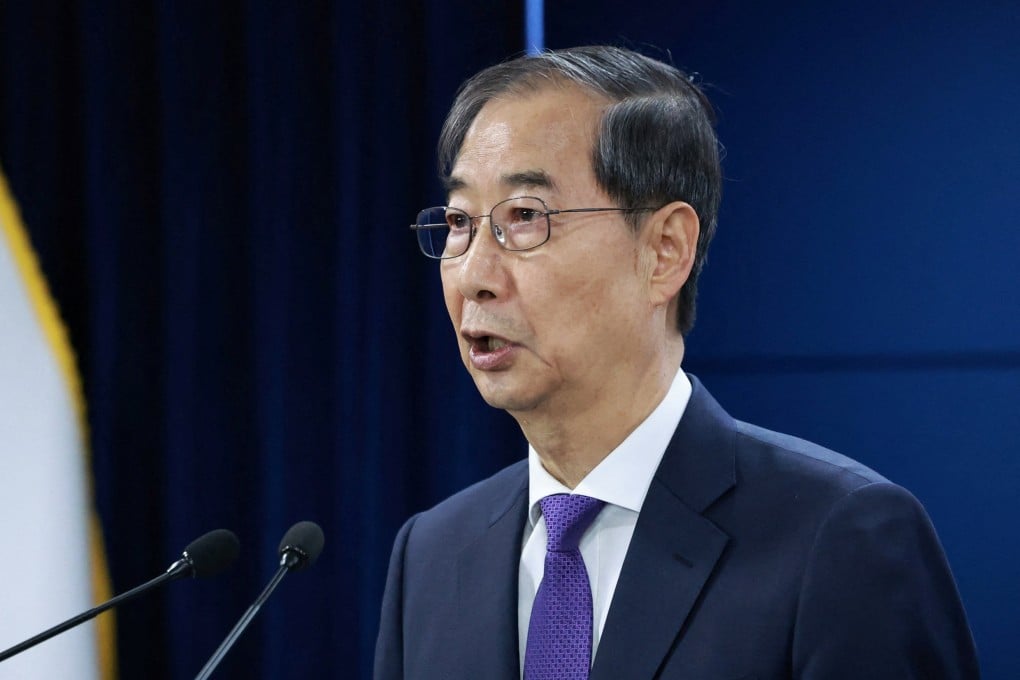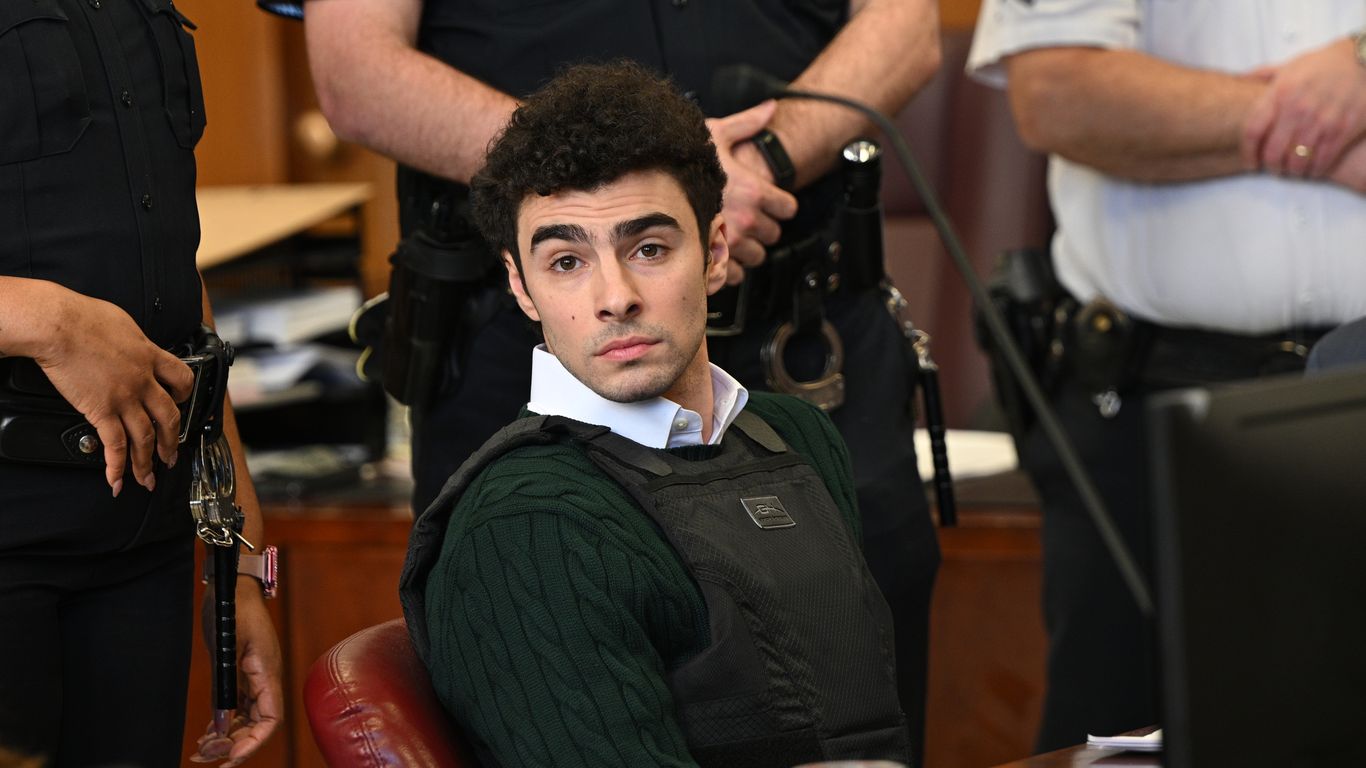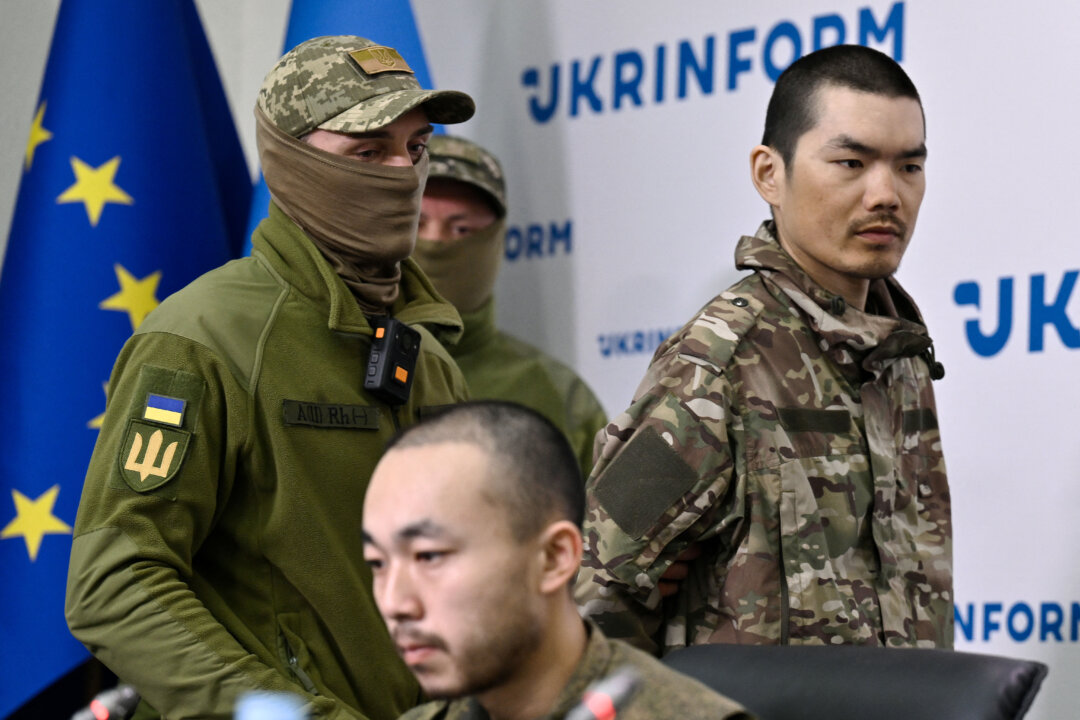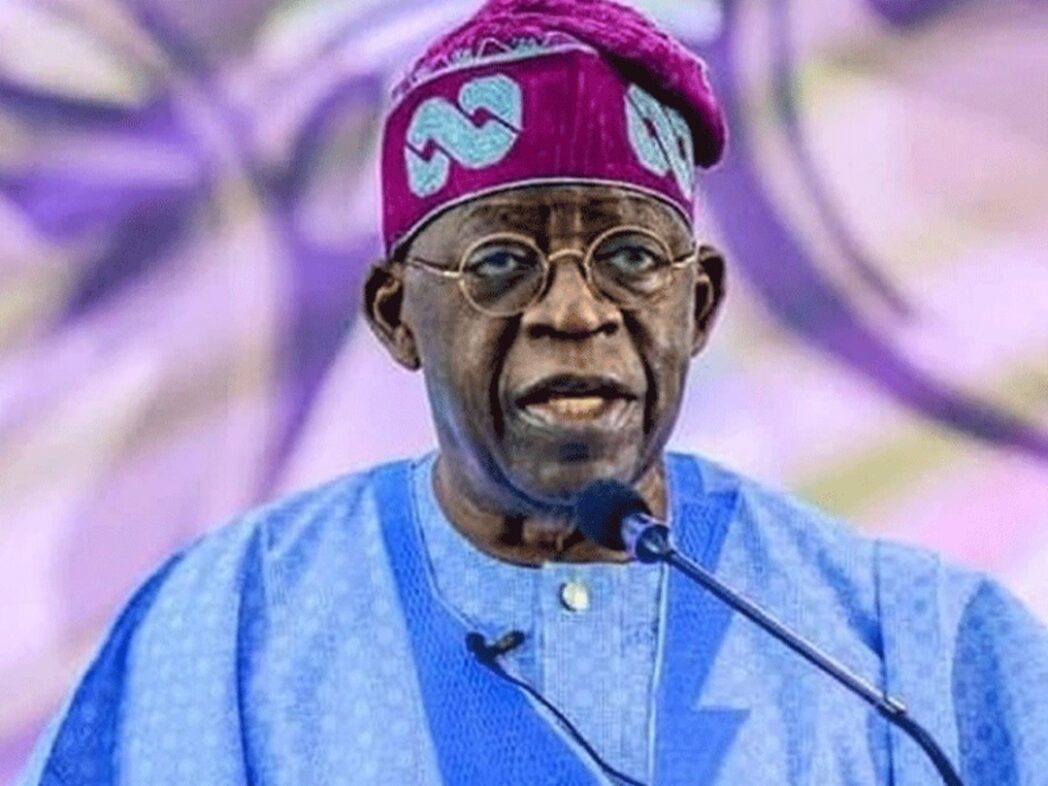ISLAMABAD - Counsel for the five judges of of the Islamabad High Court (IHC) Munir A Malik Tuesday argued that before initiating process of transfer of judges from one High Court to another the consultation must be made with the chief justices of both the concerned High Courts. A five-member Constitutional Bench, headed by Justice Muhammad Ali Mazhar conducted hearing of the petitions of IHC five judges, Pakistan Tehrik-e-Insaf (PTI) founder Imran Khan, Karachi and Lahore Bar Associations. Munir A Malik appearing on behalf of Islamabad High Court (IHC) five judges, argued that the Court has to keep in mind the paras from the judgment of Al-Jihad Trust case, according to that independence of judiciary is key to the appointment of judges.
He presented the history of the transfer of judges. Munir contended that the President may transfer a judge from one High Court to another under Article 200 of the constitution but the consultation before the initiation of process should be made with the chief justices of both the concerned High Courts. The IHC judges counsel said: “Clause 1 of Article 200 of the constitution should be read with clause 2 of the said Article, adding the clause 1 is not stand along provision.

It should be construed and get its colour from other articles of the constitution, particularly Article 2A of the constitution which enshrine independence of the judiciary, and Article 175A that related to the appointment of superior courts judges.” He said that the Court bear in mind that when the summary for transfer of judges was moved at that time, five position of judges were vacant in the IHC. Under the garb of power exercised under Article 200 the President cannot usurp or arrogate the power given to the Judicial Commission of Pakistan (JCP) under Article 175A.
Man gets death sentence for killing friend Munir submitted that there are 17 members in the JCP, who have right to nominate person for any vacancy in the Supreme Court, High Court or the Federal Court. He said that the President cannot take away the power of the Commission to fill permanent judges’ positions in the superior courts by transferring the high court judges. He said that only harmonious construction would be that this transfer is for temporary purpose, while the notification regarding transfer of judges to the IHC is silent about the period.
The transfers under Article 200 are temporary because of the principle of federalism, which is the essential feature of the constitution. Munir contended that unlike India we do not have unified judicial service, where one seniority list encompasses all the judges in the High Courts. The judges in India are transferred from one High Court to another on routine basis.
However, he added that in Pakistan there is separate body to appoint judges of the superior courts. The composition of JCP for appointment of judges in the provinces is different from the Islamabad. RWMC tasked with cleaning railway stations in twin cities In the federal capital the federal law minister is the member for the appointment in the IHC, whereas in the case of the High Courts of provinces it is the provincial law minister.
He said that the Chief Justice of Pakistan (CJP) is the pater familias in the Commission. At that Justice Mazhar corrected the counsel by saying CJP is not the pater familias, but he only heads the Commission, adding that sometime his nomination is opposed by the members and sometime it is supported. He said that if the Court comes to the conclusion that the transfer in the IHC is of permanent nature then it must be shown that the transfer was in the public interest and not to punish a particular judge/ judges of a High Court.
Upon that Justice Shahid Bilal inquired from the counsel what is the period of transfer of judges from one High Court to another. Justice Mazhar noted that in the earlier constitution the period was mentioned, but in the 1973 Constitution there is no mention of period. Munir immediately responded that upper period of two years, which was inserted through Revival Constitution Order, 1985, would apply.
59,550 appearing in HSSC exams in Rawalpindi However, Justice Mazhar remarked that now there is no period provided in the constitution. Munir contended that the transfer be related to the public interest, discussed in the Sharaf Faridi’s case. Justice Shahid Bilal asked Munir to define the words “public interest.
” He said that the bar is the first which gives opinion about a judge. He said that the judges take oath to protect and defend the constitution. At the end of the proceeding, Hamid Khan, appearing on behalf of Lahore Bar Association, requested the bench to summon the suo moto case and the petitions connected with this matter.
He said that the petitions contain the facts and the background regarding the transfer of judges. Justice Mazhar, dismissing the request, asked Hamid Khan to file a separate application in that regard, adding that if they would say something then it would prejudice the pending petitions. He further said that they would focus on the question of law.
Ride-hailing services in Karachi to be brought under one-system: Sharjeel Later, the bench adjourned the proceedings till Wednesday (today). Tags: concerned courts consulted.
Politics

Concerned high courts to be consulted before transfer of judges: argues Munir A Malik

ISLAMABAD - Counsel for the five judges of of the Islamabad High Court (IHC) Munir A Malik Tuesday argued that before initiating process of transfer of judges from one High Court to another the consultation must be made with the chief justices of both the concerned High Courts.















